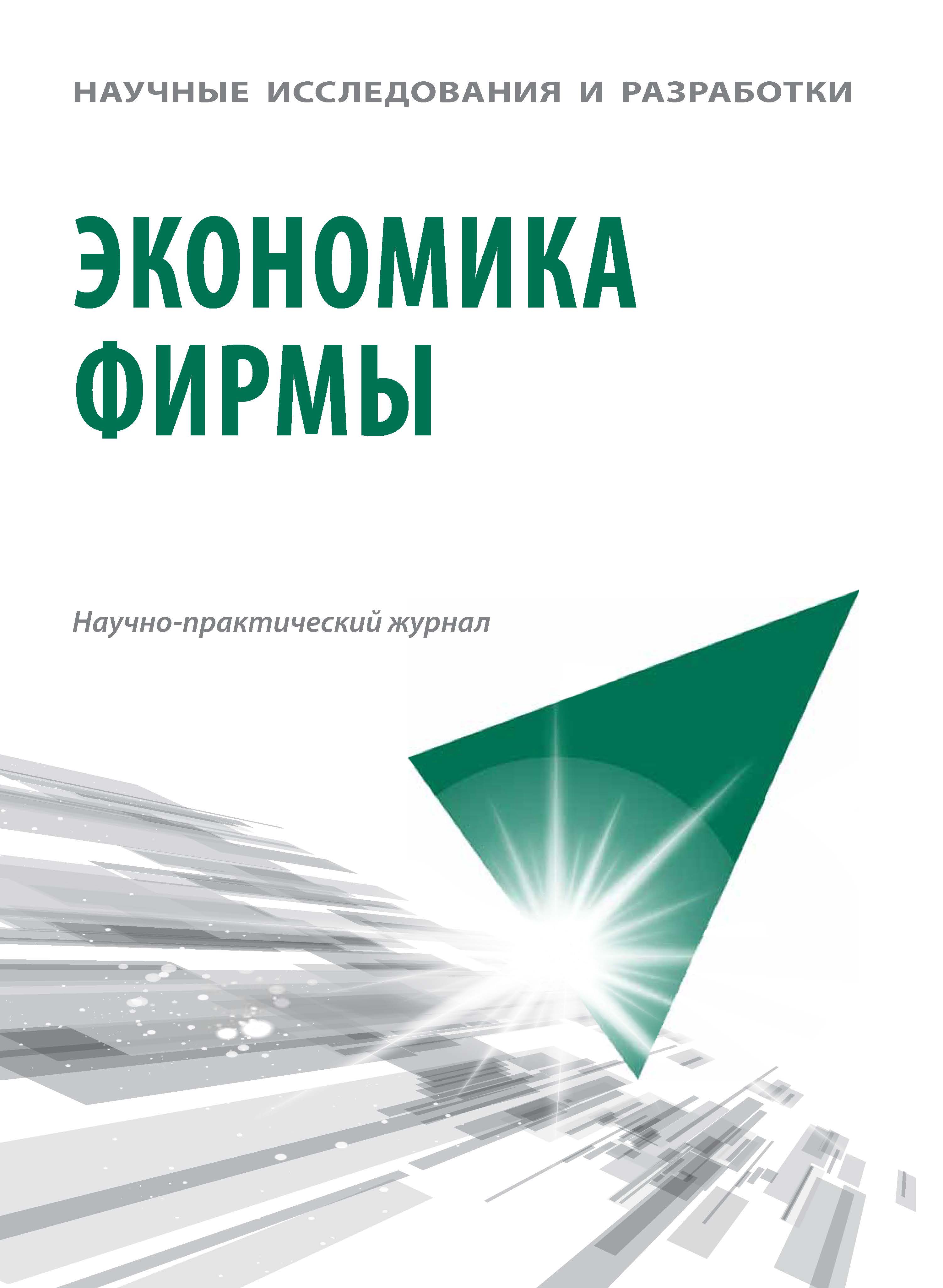UDC 338.46
The article is devoted to the issues of conducting a competent assessment of the readiness of a financial institution to implement artificial intelligence. The paper describes the term "artificial intelligence", identifies the role of the phenomenon in the work of banking organizations, defines the directions of application of the tool for optimizing the organization's activities, examines the main limitations and factors affecting the availability of advanced technologies in the established conditions. The analysis of foreign and domestic experience in assessing the maturity of organizations is carried out. Methodological tools of the research: analysis of statistical sources of information. As the study showed, the introduction of artificial intelligence technology becomes a necessary attribute in the work of financial organizations, and the availability of competent implementation affects the quality of the product and the competitiveness of the company. It is concluded that an important task of the state is to assist organizations from a legislative point of view.
artificial intelligence in banking, AI-maturity of the organization, methodology of assessment of banking organizations, directions of AI implementation
1. «O razvitii iskusstvennogo intellekta v Rossiyskoy Federacii»: Ukaz Prezidenta RF № 490 ot 10 oktyabrya 2019 g. [Elektronnyy resurs]. — URL: http://www.kremlin. ru/acts/bank/44731
2. Ob upolnomochennom po pravam potrebiteley finansovyh uslug: Fed. zakon [prinyat Gos. dumoy 04.06.2018].
3. «O bankah i bankovskoy deyatel'nosti». Fed. zakon [prinyat Gos. dumoy 02.12.1990].
4. Borisov V.V. Bankovskoe delo [Tekst] / V.V. Borisov. M.: KNORUS, 2020. — 480 s.
5. Kurlyandskiy N.I. Obrabotka dannyh i intellektual'nyy analiz informacii [Tekst] / N.I. Kurlyandskiy. M.: Vil'yams, 2017. — 432 s.
6. Kochkin T.N. Primenenie iskusstvennogo intellekta v bankovskoy sfere na primere Sberbanka [Tekst] / T.N. Kochkin // Molodoy uchenyy. — 2022. — № 4. S. 108–109. EDN: https://elibrary.ru/CBUEMS
7. Polyakov A.Yu. Finansovye rynki i instituty [Tekst] / A.Yu. Polyakov. — M.: KnoRus, 2018. — 288 s.
8. Semeko G.V. Iskusstvennyy intellekt v bankovskom sektore: vozmozhnosti i problemy [Tekst] / G.V. Semeko // Social'nye novacii i social'nye nauki. — 2021. № 2. — S. 81–97. — DOI:https://doi.org/10.31249/snsn/2021.02.06 EDN: https://elibrary.ru/XACBPT
9. Sharov A.A. Lekcii po iskusstvennomu intellektu [Tekst] / A.A. Sharov. — M.: DMK Press, 2019. — 376 s.
10. Russell S., Norvig P. Artificial Intelligence: A Modern Approach. R: Pearson, 2021. 1184 p.
11. Goodfellow I., Bengio Y., Courville A. Deep Learning. P.: T Press, 2016, 800 p.
12. Domingos P. The Master Algorithm: How the Quest for the Ultimate Learning Machine Will Remake Our World. P.: Basic Books, 2015. 352 p.
13. Hutchinson B., Mitchell O. Artificial Intelligence: A Handbook for Business Leaders, 2020. P.: O'Reilly Media, 214 p.
14. Kurnosova V.V. Tehnologii iskusstvennogo intellekta v bankinge [Tekst] / V.V. Kurnosova // Ekonomika i menedzhment innovacionnyh tehnologiy. — 2022. — № 8 [Elektronnyy resurs]. — URL: https://ekonomika.snauka. ru/2022/08/23330 (data obrascheniya: 23.01.2024). EDN: https://elibrary.ru/JZBHKF






